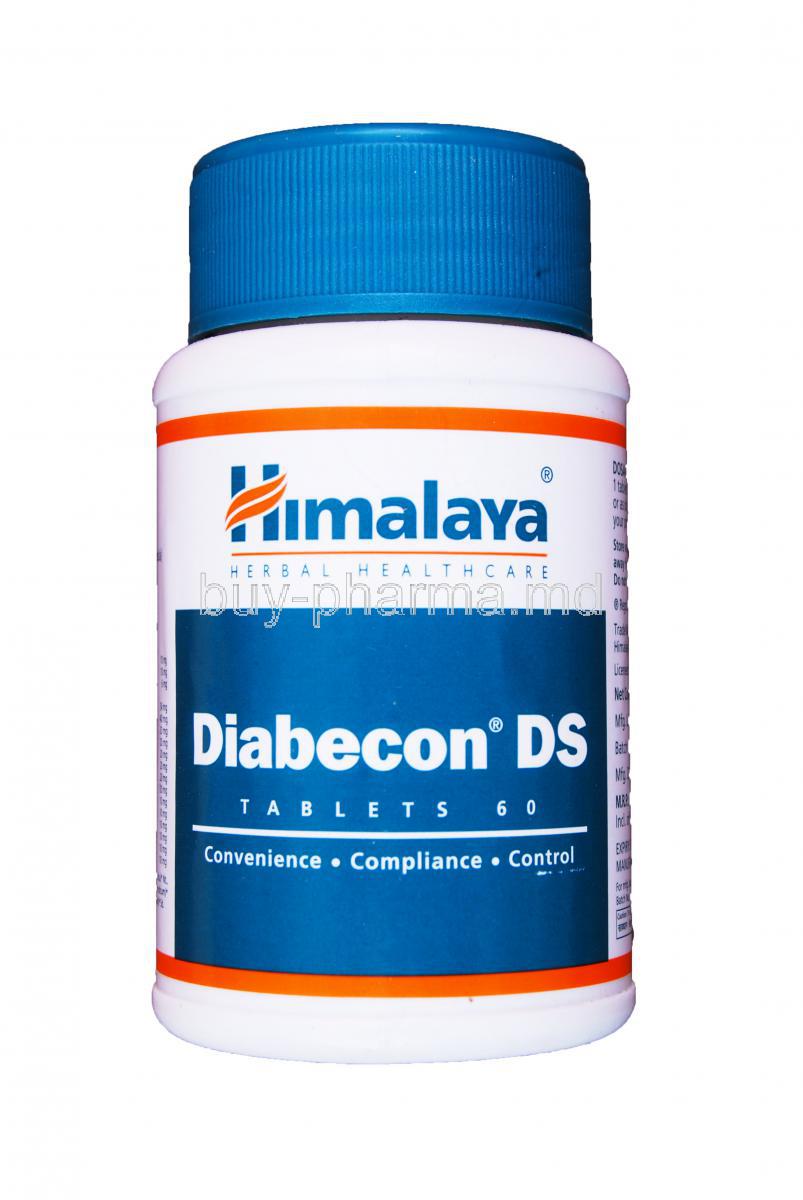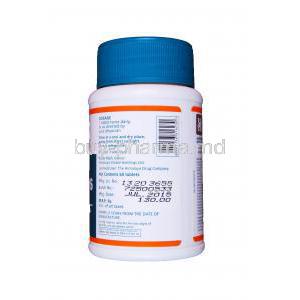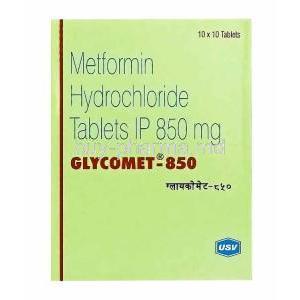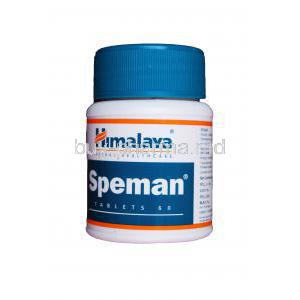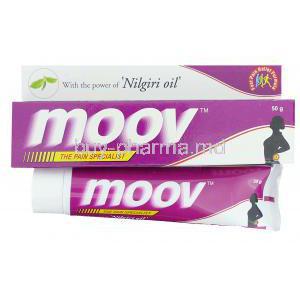Himalaya Diabecon DS
- Introduction to Himalaya Diabecon DS
- Composition and Key Herbal Ingredients
- Primary Medical Uses of Diabecon DS
- Off-Label and Complementary Uses
- How Himalaya Diabecon DS Works in the Body
- Himalaya Diabecon: How to use
- Safety Profile and Common Side Effects
- Diabecon DSÂ Side Effects
- Interactions with Other Medications and Supplements
- Warnings and Contraindications
- Important Precautions and Conditions Requiring Careful Administration
- Use in Elderly Patients: Adjustments and Monitoring
- Use in Pregnant and Lactating Women
- Use in Pediatric Populations
- Risk of Overdose and Emergency Management
- Handling and Storage Instructions
Introduction to Himalaya Diabecon DS
Himalaya Diabecon DS is an advanced, double-strength Ayurvedic formulation designed for individuals managing chronic hyperglycemia. Developed by the Himalaya Drug Company, it integrates a blend of time-tested medicinal herbs known for their antidiabetic and metabolic-regulating properties.
This supplement is targeted toward adults diagnosed with type 2 diabetes mellitus, especially those looking for natural adjunctive support alongside conventional therapy. It is also suited for individuals showing early signs of glucose intolerance or insulin resistance.
Unlike the regular Diabecon, Diabecon DS offers a concentrated dose of key active ingredients, making it more suitable for cases that require stronger glycemic support or simplified dosing schedules.
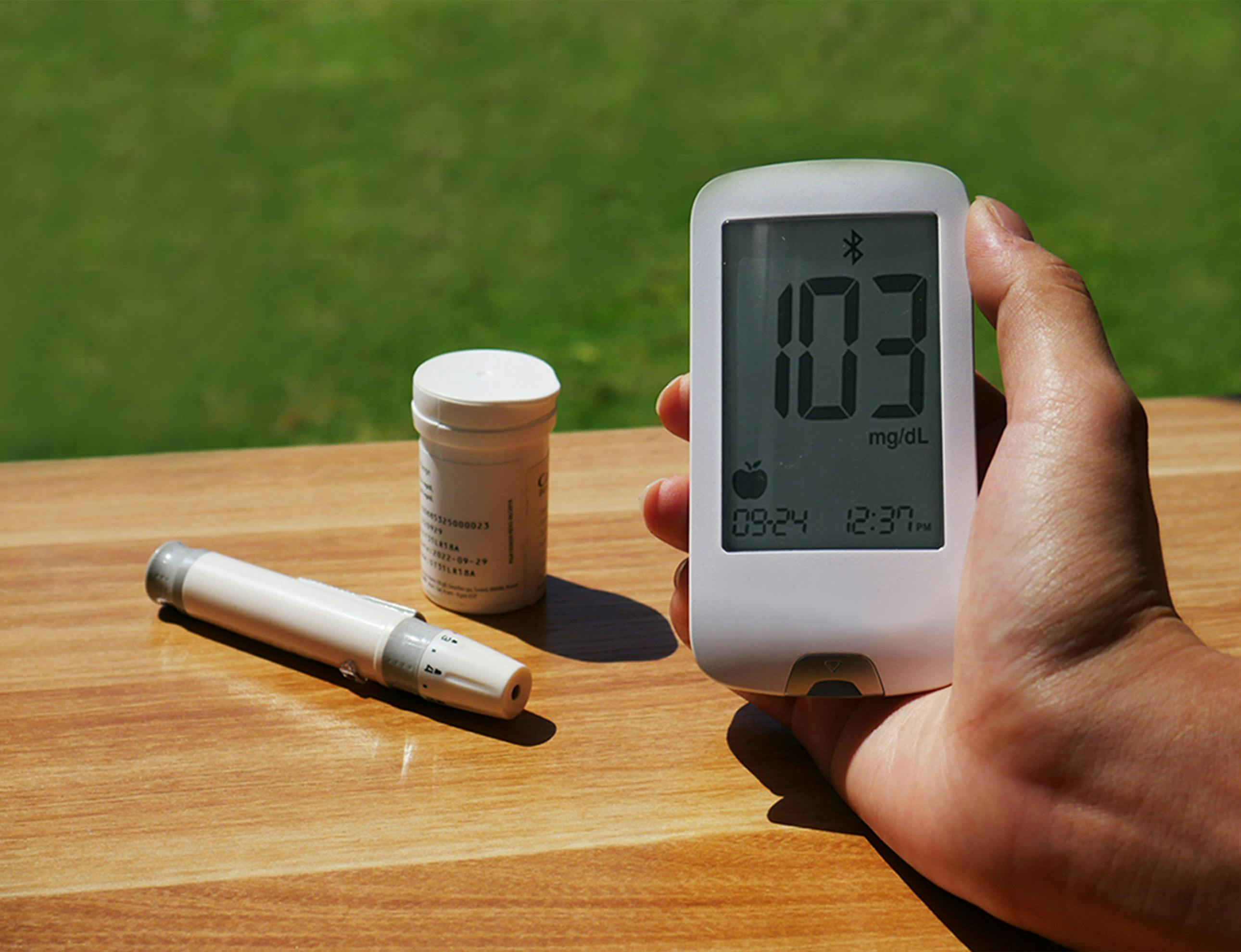
Composition and Key Herbal Ingredients
Diabecon DS derives its potency from a curated blend of botanical extracts, each selected for its clinical efficacy in glycemic regulation:
- Gymnema sylvestre (Meshashringi): Known as the "sugar destroyer," this herb enhances insulin secretion and regeneration of pancreatic beta cells.
- Pterocarpus marsupium: Demonstrates pancreatic regenerative properties and aids in glucose metabolism.
- Shilajeet: Improves mitochondrial function and insulin sensitivity.
- Syzygium cumini (Jamun): Exhibits hypoglycemic and astringent properties to stabilize blood sugar levels.
The polyherbal synergy ensures a holistic approach to metabolic correction, enhancing absorption, utilization, and regulation of blood glucose. Importantly, Diabecon DS is devoid of synthetic preservatives or artificial binders, preserving the purity of its phytochemical profile.



Diabecon vs Metformin
Diabecon and Metformin are commonly prescribed for managing type 2 diabetes. Diabecon is derived from herbs, whereas metformin is a manufactured medication. Even though Diabecon has been proven to lower blood sugar levels, the specific ways it achieves this are not completely clear. On the other hand, Metformin primarily functions by decreasing the liver's glucose production and enhancing insulin sensitivity.
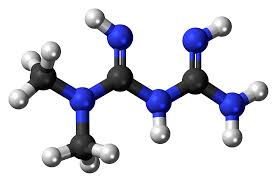
Diabecon ds vs Madhunashini
Diabecon DS and Patanjali's Madhunashini Vati are both remedies commonly utilized for regulating blood sugar levels. Diabecon DS is produced by the Himalaya brand, whereas Madhunashini Vati belongs to the Patanjali product line.
Primary Medical Uses of Diabecon DS
Diabecon DS is a supplement that has been clinically proven to be helpful in managing.
Type 2 Diabetes Mellitus:
Diabecon taken by mouth displayed results; after 12 weeks of the treatment regimen, there was a decrease in fasting and after-meal blood sugar levels. Results indicate a reduction in fasting and post meal blood sugar levels when combined with other medications. The presence of Gymnema sylvestre in Diabecon is shown to be beneficial in managing diabetes by boosting beta-cell function, which may be improved through repair or regeneration processes. Momordica charantia, found in Diabecon supplement, has properties that lower blood sugar levels and enhance the effects of tolbutamide.
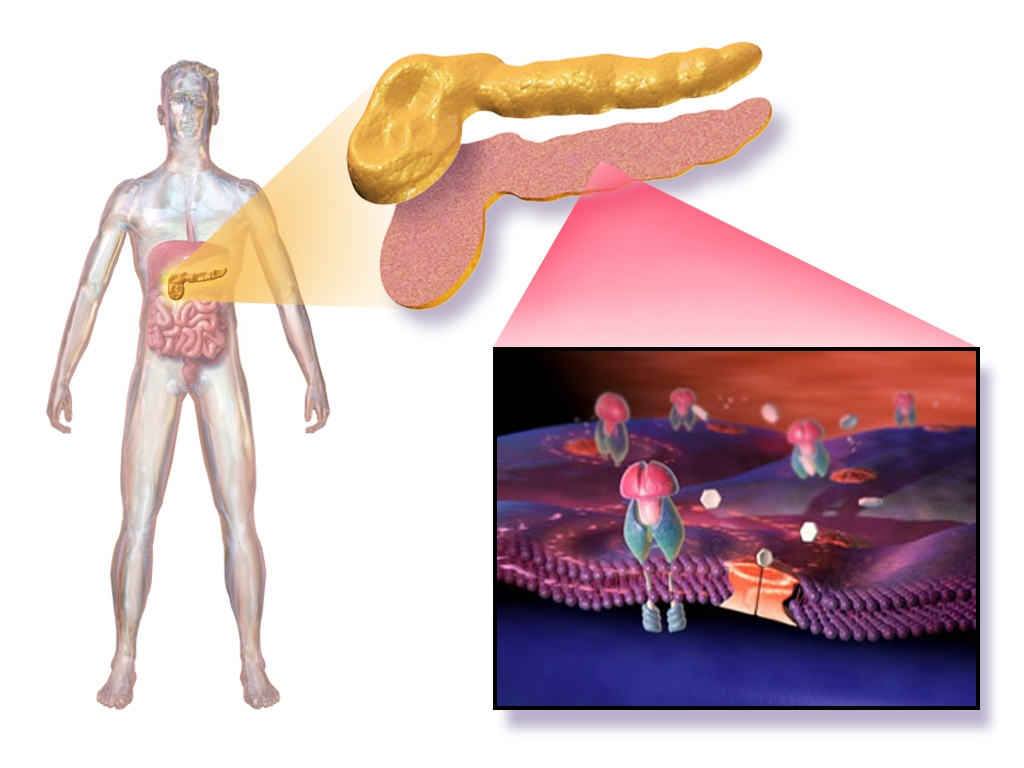
Insulin Resistance:
The primary impact is centered on lowering TC, which could be advantageous as hypercholesterolemia is closely linked to heart disease risk factors. In a recent study, a noticeable decrease in body weight was observed across all groups, with the exception of group B, where a slight increase in body weight occurred but was not considered significant. This decrease in weight is an outcome for individuals with type 2 diabetes and could contribute to enhancing insulin sensitivity.

Microvascular Complication Prevention:
Improving metabolic markers and antioxidant levels can help protect against retinopathy and nephropathy in individuals with diabetes. Retinopathy refers to damage to the eyes due to diabetes related factors that harm the blood vessels in the retina, the tissue located at the back of the eye. On the other hand, nephropathy involves kidney damage linked to diabetes. It is identified by protein presence in urine (albuminuria) decreased glomerular filtration rate (GFR), and elevated blood pressure.

Off-Label and Complementary Uses
Beyond its primary indications, Diabecon DS is increasingly explored for its benefits in:
- Metabolic Syndrome: Helps regulate lipid profiles and central adiposity.
- PCOS-related Hyperinsulinemia: May assist in hormone balance and insulin modulation.
- Prediabetes: Prevents progression to overt diabetes by correcting impaired fasting glucose and impaired glucose tolerance.
- Liver Support: Offers hepatoprotective action through antioxidant-rich constituents like Shilajeet and Indian Kino Tree.
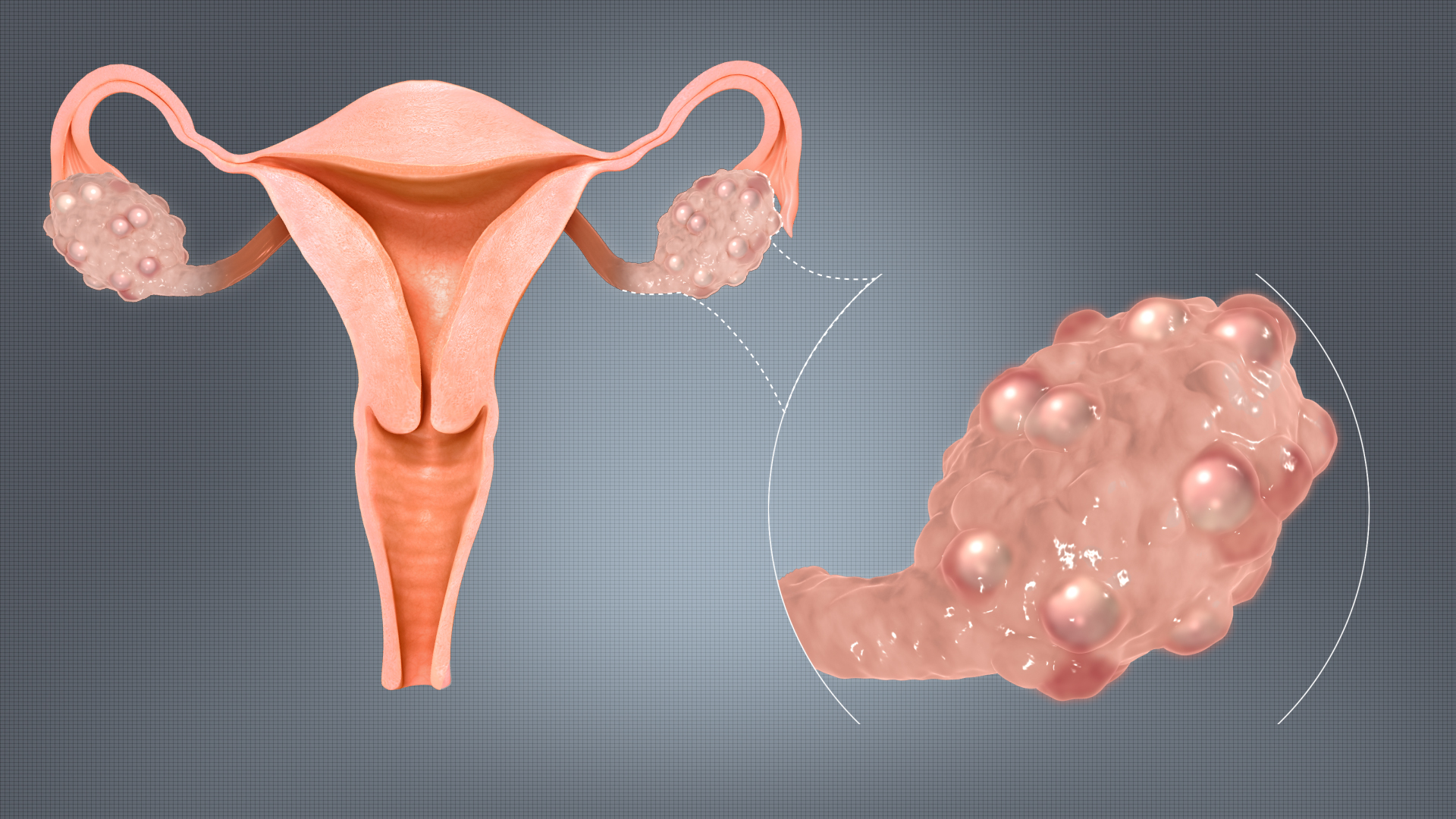
How Himalaya Diabecon DS Works in the Body
Diabecon DS operates through multiple metabolic pathways:
- Beta-cell Regeneration: Stimulates insulin production in pancreatic islets.
- Peripheral Glucose Utilization: Enhances the uptake of glucose by muscle and adipose tissues.
- Reduced Intestinal Absorption: Slows carbohydrate digestion and absorption in the gut.
- Antioxidant Defense: Scavenges free radicals and inhibits advanced glycation end-products (AGEs).
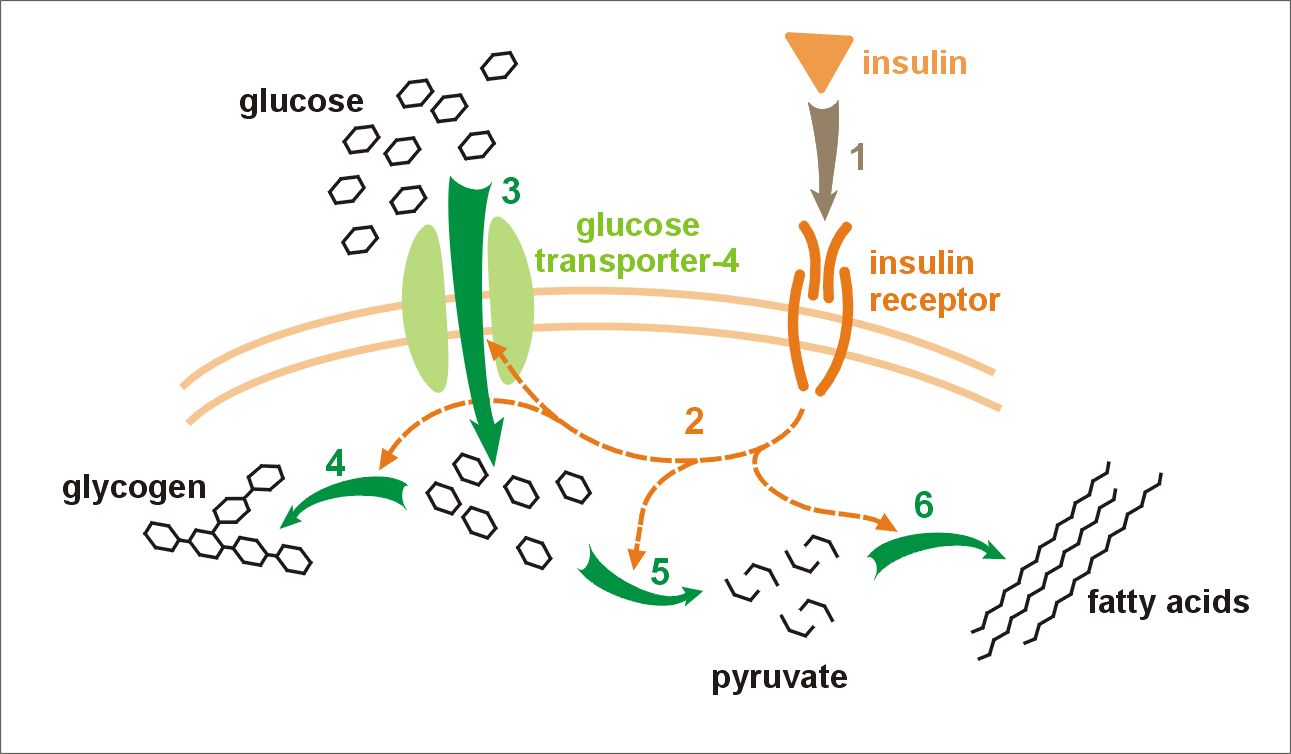
Himalaya Diabecon: How to use
The typical dosage for adults is one to two tablets twice daily, preferably after meals. Dosage may vary depending on individual glycemic control and physician guidance.
- Meal Timing: Best taken postprandially to aid glycemic buffering.
- Monitoring: Regular blood glucose tests should guide dose adjustments.
- Missed Dose: Take as soon as remembered unless it's close to the next scheduled dose. Do not double dose.
- Overdose: May lead to symptoms of hypoglycemia or gastrointestinal upset. Seek medical attention if overdose is suspected.

Safety Profile and Common Side Effects
Diabecon DS is generally well tolerated when taken as directed. Most users experience minimal or no adverse effects. However, some individuals may report:
- Mild gastrointestinal disturbances such as bloating or nausea
- Flatulence or stomach discomfort in sensitive individuals
- Occasional reports of metallic taste or dry mouth
Adverse symptoms typically appear within the first week and are transient. Ensuring proper hydration and dietary consistency may alleviate discomfort.

Diabecon DS Side Effects
While rare, serious reactions may include:
- Hypoglycemia: Especially when used concurrently with insulin or sulfonylureas
- Liver or Kidney Stress: Unusual fatigue, jaundice, or changes in urination warrant medical review
- Allergic Reactions: Rash, itching, or respiratory symptoms require immediate cessation and professional evaluation
Discontinue use and consult a healthcare provider if any of the above symptoms are observed.

Interactions with Other Medications and Supplements
Caution is advised when Diabecon DS is taken alongside:
- Antidiabetic Drugs: May potentiate hypoglycemic effects of metformin, glimepiride, or insulin
- Anticoagulants: Herbs with coumarin-like effects may alter clotting parameters
- Diuretics: Risk of electrolyte imbalance if combined with potassium-wasting diuretics
- Supplements: Generally safe with multivitamins, chromium, or omega-3 but monitor for overlap in effects
It is recommended to consult a healthcare provider before combining with any pharmaceutical or herbal regimen.
Warnings and Contraindications
Himalaya Diabecon DS, though well-tolerated by most, must not be used indiscriminately. Certain clinical scenarios require complete avoidance of the product to ensure patient safety:
- Hypersensitivity: Individuals with known allergies to any component of the formulation must avoid use to prevent immunologic or anaphylactic reactions.
- Type 1 Diabetes Mellitus: This formulation is not a substitute for insulin and should not be used in insulin-dependent cases or diabetic ketoacidosis.
- Severe Hepatic or Renal Impairment: In patients with advanced liver or kidney dysfunction, metabolic clearance of herbal compounds may be compromised.
- Chronic Gastrointestinal Disorders: Those with irritable bowel conditions, chronic indigestion, or gastrointestinal sensitivity should proceed cautiously, as herbal components may exacerbate symptoms.

Important Precautions and Conditions Requiring Careful Administration
Prudent use of Diabecon DS requires adherence to key safety protocols, especially in medically complex patients:
- Blood Glucose Monitoring: Regular tracking of fasting and postprandial glucose levels is vital to evaluate efficacy and avoid hypoglycemic episodes.
- Avoid Self-Modification: Patients should not self-adjust doses or discontinue prescribed antidiabetic medications without medical supervision.
- Polypharmacy Consideration: In those on multiple medications, particularly the elderly or those with chronic illness, close monitoring is necessary during the initial phase of supplementation.
- Herbal Cumulative Effects: Prolonged use may lead to systemic accumulation of bioactive plant constituents; therefore, periodic review of long-term use is advised.
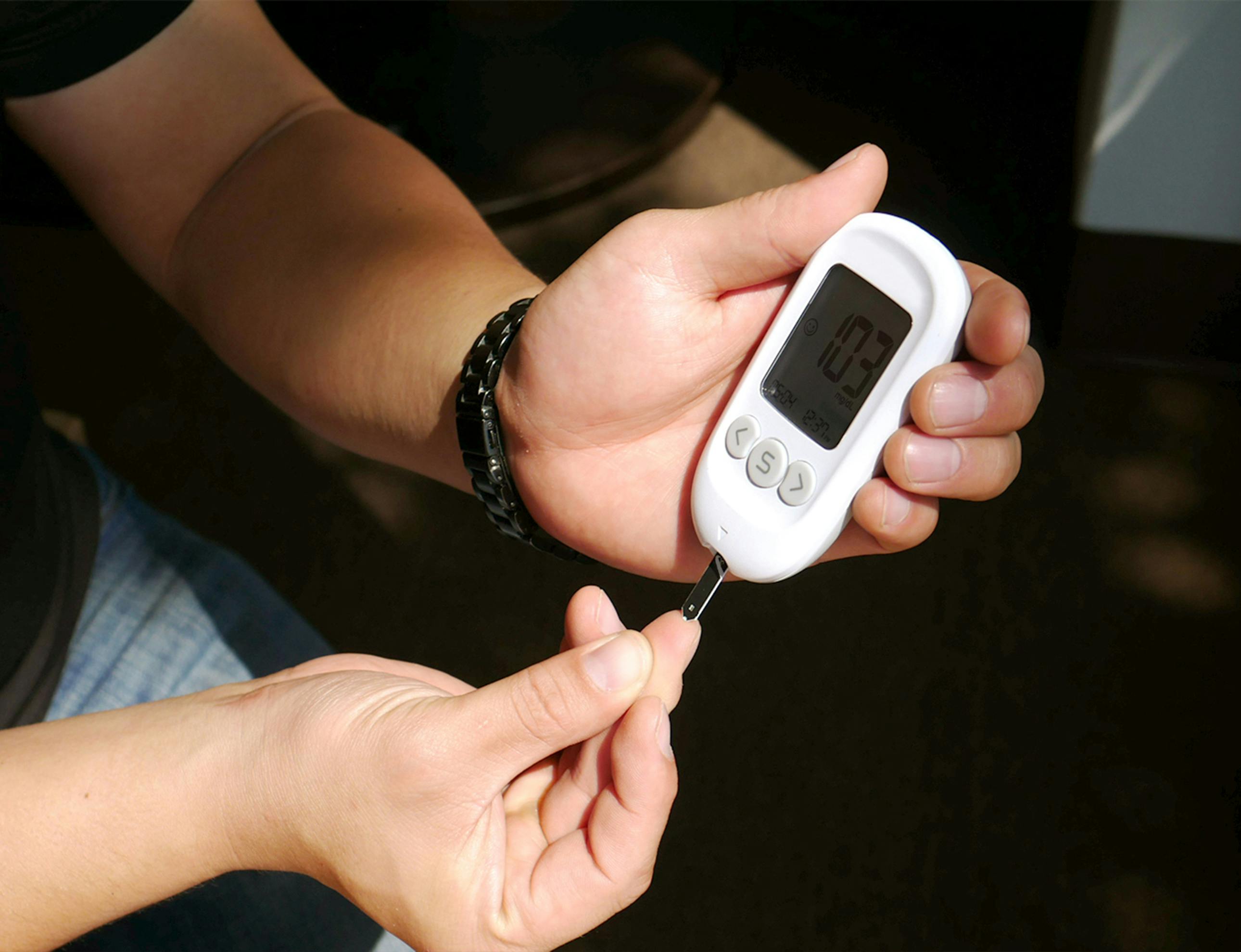
Use in Elderly Patients: Adjustments and Monitoring
The geriatric population presents unique therapeutic challenges due to physiological changes and increased medication burden:
- Comorbidity Burden: Cardiovascular diseases, hypertension, and arthritis are common in the elderly and may alter the herbal's efficacy or safety.
- Organ Function Decline: Age-related reductions in renal and hepatic function necessitate cautious dosing and enhanced monitoring.
- Tailored Monitoring: Regular review of glycemic status, hepatic enzymes, and kidney parameters should guide continued use or adjustments.

Use in Pregnant and Lactating Women
Use of Diabecon DS during pregnancy and lactation remains an area of caution due to limited empirical data:
- Insufficient Safety Studies: Well-controlled human studies are lacking, and safety in pregnancy cannot be definitively assured.
- Traditional Usage: Some of the herbs have historical usage in Ayurvedic prenatal care, yet modern medical validation is insufficient.
- Lactation Considerations: Herbal constituents may pass into breast milk. A careful risk-benefit evaluation should be made by a physician before initiating therapy.
- Professional Consultation: Pregnant or breastfeeding women must consult their healthcare provider prior to use.

Use in Pediatric Populations
Administration in children requires professional oversight and must align with age-appropriate dosing protocols:
- Age Threshold: Diabecon DS is generally not recommended for children below 12 years unless explicitly prescribed by a pediatric specialist.
- Adolescent Use: May be cautiously considered in teens diagnosed with type 2 diabetes, under strict medical supervision.
- Pediatric Oversight: Endocrinologist consultation is essential for dosing accuracy and to evaluate growth-related impacts.
Risk of Overdose and Emergency Management
Overconsumption of Diabecon DS, intentional or accidental, may lead to undesirable physiological responses:
- Common Overdose Symptoms: Includes nausea, gastrointestinal distress, dizziness, and in rare cases, hypoglycemia when combined with other antidiabetic drugs.
- Emergency Protocol: In cases of suspected overdose, immediate discontinuation and medical attention are required. Symptomatic treatment should be provided under clinical guidance.
- Child Safety: The formulation should be stored securely out of children's reach to avoid accidental ingestion.
Handling and Storage Instructions
Proper storage and handling preserve the efficacy and integrity of the product:
- Storage Environment: Store in a cool, dry place away from direct sunlight and excessive moisture. Ideal temperature range is 15°C to 25°C.
- Hygienic Handling: Always use clean, dry hands when retrieving tablets from the container to prevent microbial contamination.
- Protection from Elements: Keep the container tightly closed. Exposure to humidity or heat may degrade herbal potency.
- Shelf Life Monitoring: Always check the expiry date before use. Do not consume the product beyond its expiration.
Himalaya Diabecon DS FAQ
What is Himalaya Diabecon DS used for?
Himalaya Diabecon DS is designed to help control blood sugar levels by utilizing a blend of ingredients that work together to regulate glucose levels and enhance metabolism.
Can diabecon DS be taken after food?
For the absorption of the medication's benefits, take the pills with water prior to eating.
How many Diabecon tablets per day?
Twice a day
What are the side effects of Diabecon?
Taking Diabecon as directed should not result in any known side effects.
When is best time to take blood sugar?
Before meals and at bedtime
Can I take Diabecon after a meal?
Yes
What are the benefits of diabecon DS?
It helps lower blood sugar levels, promotes the regeneration of pancreatic beta cells, and boosts insulin production and function in the body. Gymnema temporarily reduces the desire for sweetness and aids in reducing cravings for sugary foods.
How to take Himalaya Diabecon?
Remember to consume a Diabecon tablet from the Himalaya before eating your meals.

